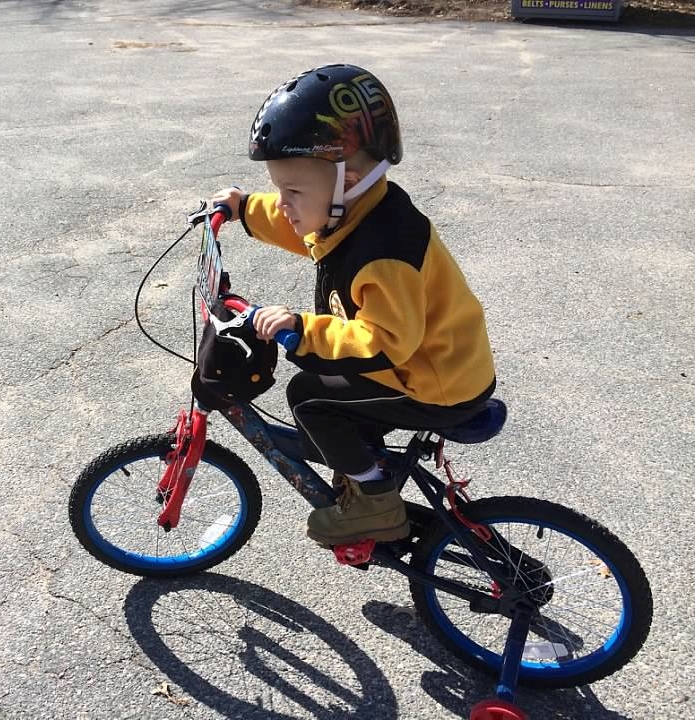The Younger Days
Think of the days when you were a kid. You memorize math tables, your address, the names of all your friends. Most of those things you were told. You only knew what was happening in the world based on what people told you. Some of those things were ingrained because you interacted with the information (math tables, friends names, etc.) Some things are gone for good (3rd grade history lesson that had zero impact on your life.)
What’s easy to remember from those days? Things you learned through doing or, better yet, figuring out on your own, stuck. Riding a bike was tricky until you figured out how to balance or stick your foot down to catch yourself. Anytime you came to a conclusion yourself, you solidified the lesson deeply. It stuck. Those lessons and experiences stay with us. Loose information people throw at us which impacts us very little, well, doesn’t.
The Learning Experience in Coaching
One of the best benefits of coaching comes from the modality of letting the coaching partner come to their own conclusions. A life coach does not tell the coaching partner what to do or how to act or react. That might be something a counselor or mentor does, but not us. That’s why our ‘clients’ are coaching partners. It’s a co-active relationship in which coaches listen and ask powerful questions.
The learning experience doesn’t come from being told what to know but by coming to the conclusion on one’s own. This self-realization process makes the lesson stick. The ‘aha’ moment is triumphant and encouraging. The coaching partner is balancing on this new bike and has figured out how to move, turn, and even put their foot down if needed.
Learning Deeply
If we’re told to do things a certain way, we may listen and try it and find it’s better. That’s nice. It’s taking good advice. When it fails, we throw that advice away for good. We may even be hesitant to listen to whoever gave that advice again. But if we come to the conclusion to try something ourselves, we’re more likely to commit to the idea. We’re stakeholders in this thought and we’re vested in its outcome more than before.
If it works, we’re triumphant and celebrate. It’s a huge boost rather than just receiving and following good advice. We feel confident to solve more of our own problems the same way. If it fails, we’re more than likely going to try to figure out why and troubleshoot. Would it work if it were done slightly differently? Maybe we only need to shift something. We are vested in this idea and so we want to know what happened and how to fix it.
Refining Your Learning Style
We all learn differently and it’s important to know your own best learning style. It’s okay if you rely heavily on others’ experiences, but don’t be afraid to seek those out yourself. Search. Ask. Find out. Some prefer to learn by doing. They dive in head first and deal with whatever fallout comes. Knowing what works for you means knowing what gets you results and makes those lessons stick best. The confidence of doing this by your own choice, your own ideas, will help you experience solving your own problems. Solutions will be more likely to stick. It’s an experience you won’t forget.
